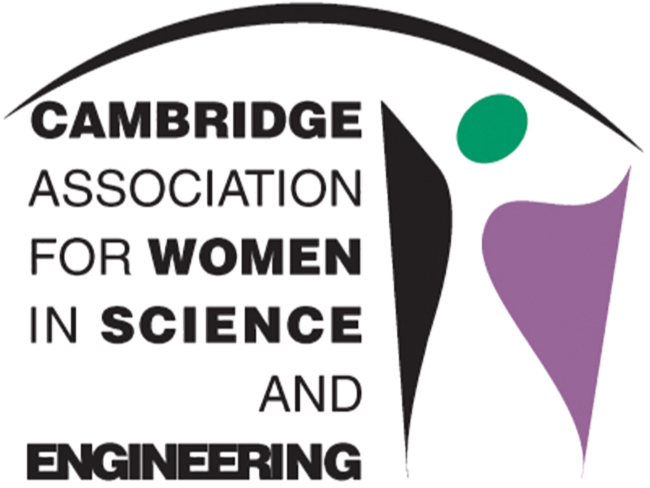Blog post: How Springboard has increased applications from female engineers and scientists (Part 3 of 3)
- Cambridge AWiSE
- May 24, 2019
- 3 min read
Updated: Feb 6, 2025
By Dr Keith Turner, Director, Springboard*
In my previous blog I discussed how women can help maleleaders to realise the value of their individual strengths and the potentialfor diversifying their work force beyond the usual range of characteristicsthat they look for. This article goes on to look at how we changed ourrecruitment process in light of this new realisation, and the dramatic resultsthat followed.
We started with increasing our ability to understand what mattered to various people in their professional careers. We split the problem into three steps: recruitment, retention, and promotion. It rapidly became obvious that we had to start at the first of these, and then shift focus upwards as the benefits moved up through the company.
We introduced several changes to our recruitment process. Adverts were updated to remove gendered language. For example, saying “We are looking for candidates with outstanding technical skills” seemed just an honest request to me, but I came to realise that some really good candidates would be put off because they weren’t confident that they would meet the requirement. All candidates were given a guidance document to help them prepare. Upon arrival, they got a tour by a member of staff similar to themselves who could act as a role model. Candidates were asked to start talking about one of their own projects, to help get into the swing of the interview before tackling the more challenging technical questions. We spoke at more length in the interview about the many training and mentoring opportunities at our company.
All this was progress in the right direction, but it didn’treally get to the root of the problem, which was insufficient applications fromwomen. If they don’t apply, we can’t offer them jobs. So our focus turned tohow to get more women to apply for our jobs.
We started a ‘Women in Technical Consultancy’ scheme, withthe aim of reaching out in a personal way to potential applicants. The keyattribute of this scheme is a variety of soft ways to get to know the companybefore taking the step of applying and coming for interview. For example,applicants are welcome to have an informal phone call, or drop by for coffeeand a look around. We give talks at the university and hold open evenings atour labs. There are internship options as a possible first step to somethinglonger-term, and there is the potential for 6 – 18 month placements. Theliterature for the scheme also makes prominent reference to some of the greatfeatures of our company: our ethical policy, STEM and outreach work, focus onlearning. Every person in our company loves these features, male and femalealike, so why not make it known in a way that attracts candidates?
The scheme has been a satisfying success. Applications fromwomen grew every year, starting originally at 13% and rising, four years later,to 33%. And so now that we’ve got many more applying, and a great interviewprocess, we are starting to get some cracking members of staff joining usthanks to this initiative. With that part of the process showing results, weare able to move onto the later stages of retainment and promotion. I’m lookingforward to that challenge!
The key to this success is for the manager to put themselves inside the heads of the candidates. It is really not that difficult, if only the manager has a sufficiently open mind to give it a try, which many don’t. I tend to think of it like this: applying for a job is scary. You might be asked things you don’t know. You might be rejected. You might make a silly mistake. We can all relate to that, men and women alike. So by making the application process a little gentler, and allowing confidence to build steadily over several touch points, candidates are more able to perform at their best. This is a good thing for all candidates, and helps us get high quality people including those who were always good enough, but find it hard to prove in the interview.
* Dr Keith Turner will be a guest panel speaker for the CamAWiSE “Men as allies – Approaching equality together”, 30 May 2019, in partnership with the Wellcome – MRC Cambridge Stem Cell Institute.
Springboard is a technical consultancy which develops innovative medical devices such as auto-injectors, infusion pumps and electromechanical surgical equipment. Springboard works through all product development process stages: concepts, proof of principle in the laboratory, design for manufacture and verification. Through its strategic partnerships with broad industries and technical areas, there is opportunity to develop careers in project leadership, technical specialities, line management and sales.
Further information can be found at www.springboard.pro.



Comments